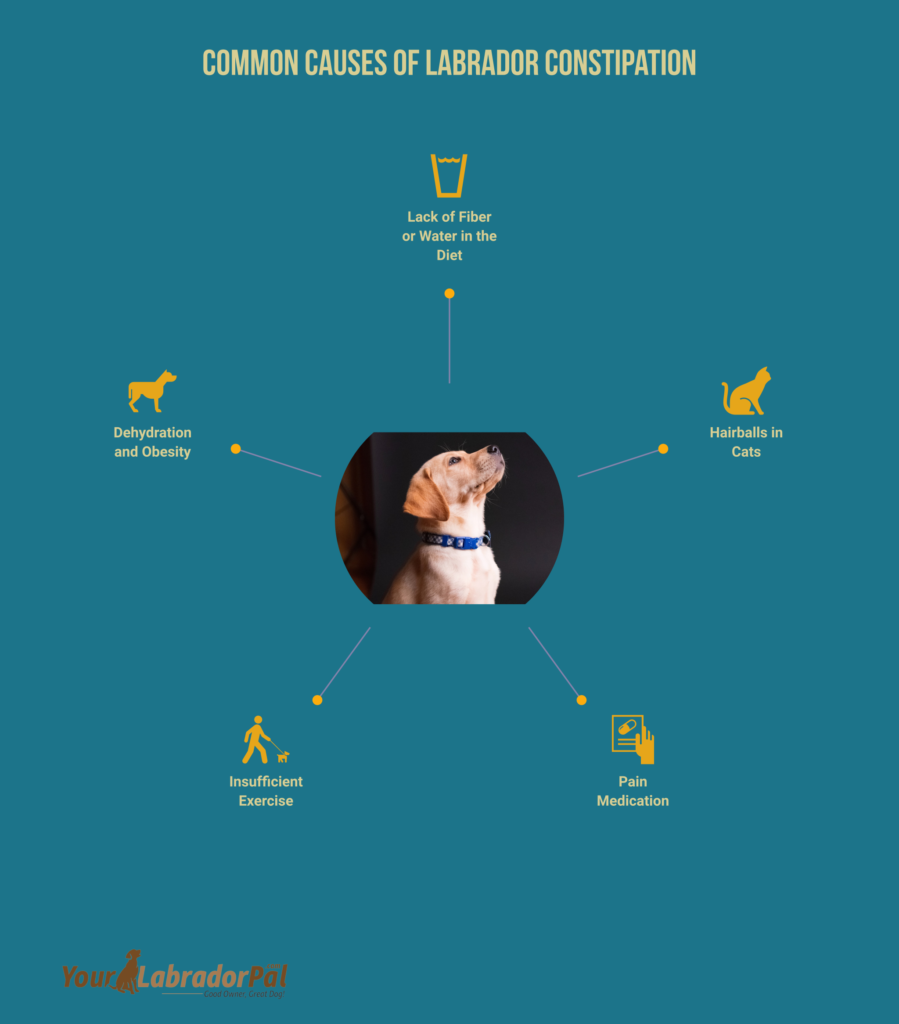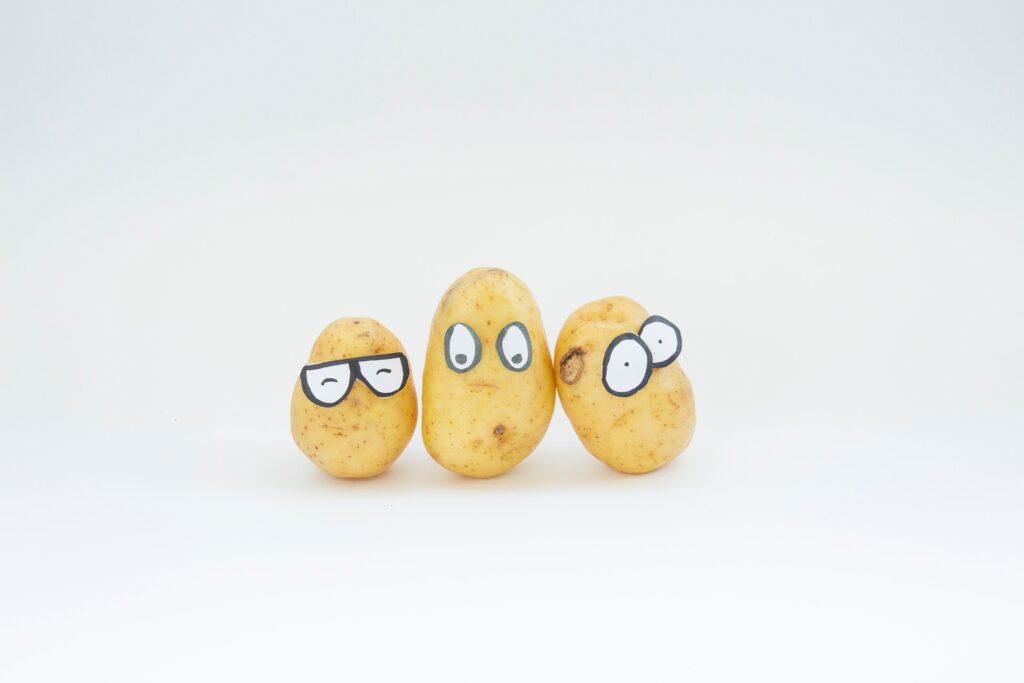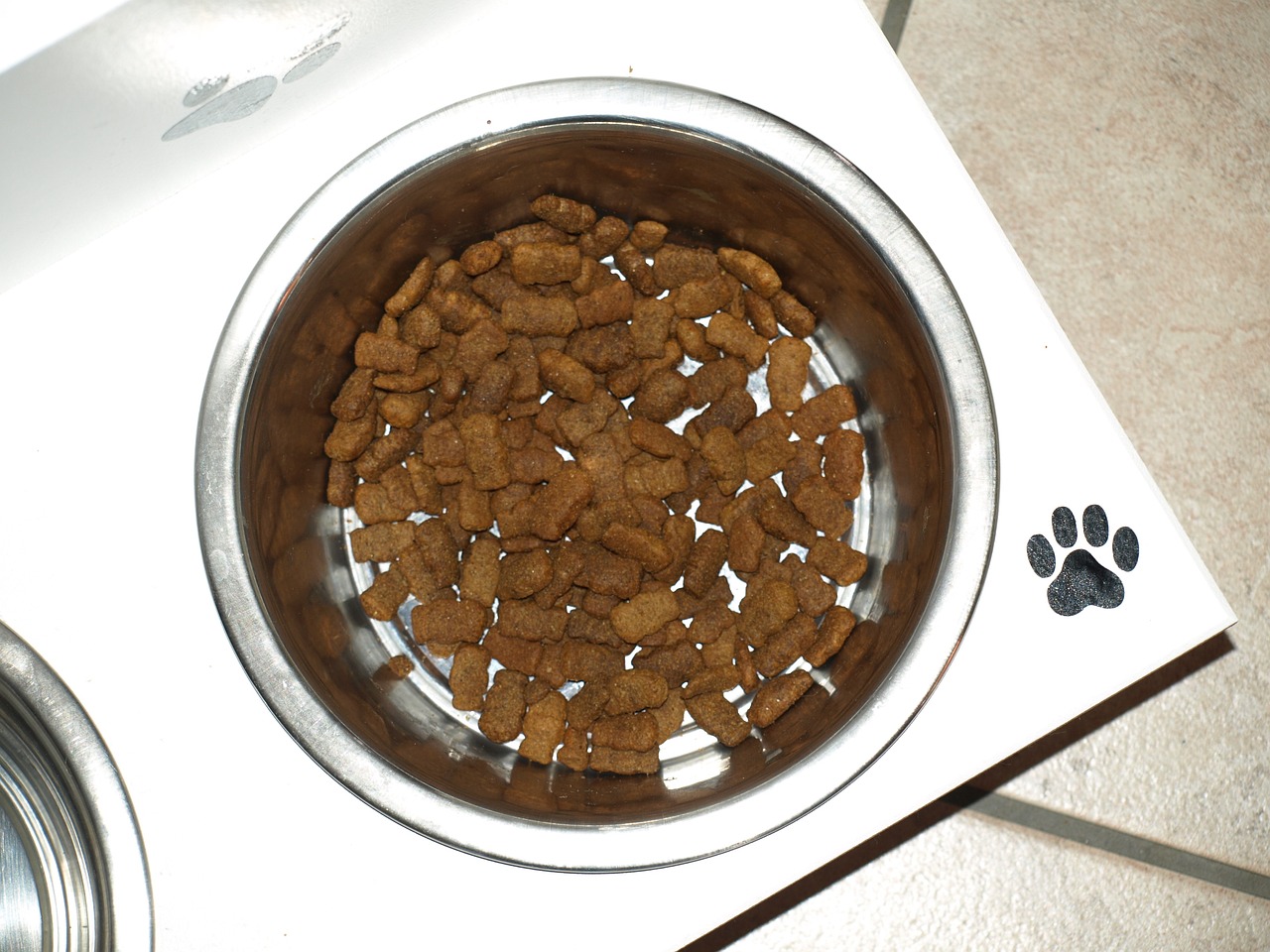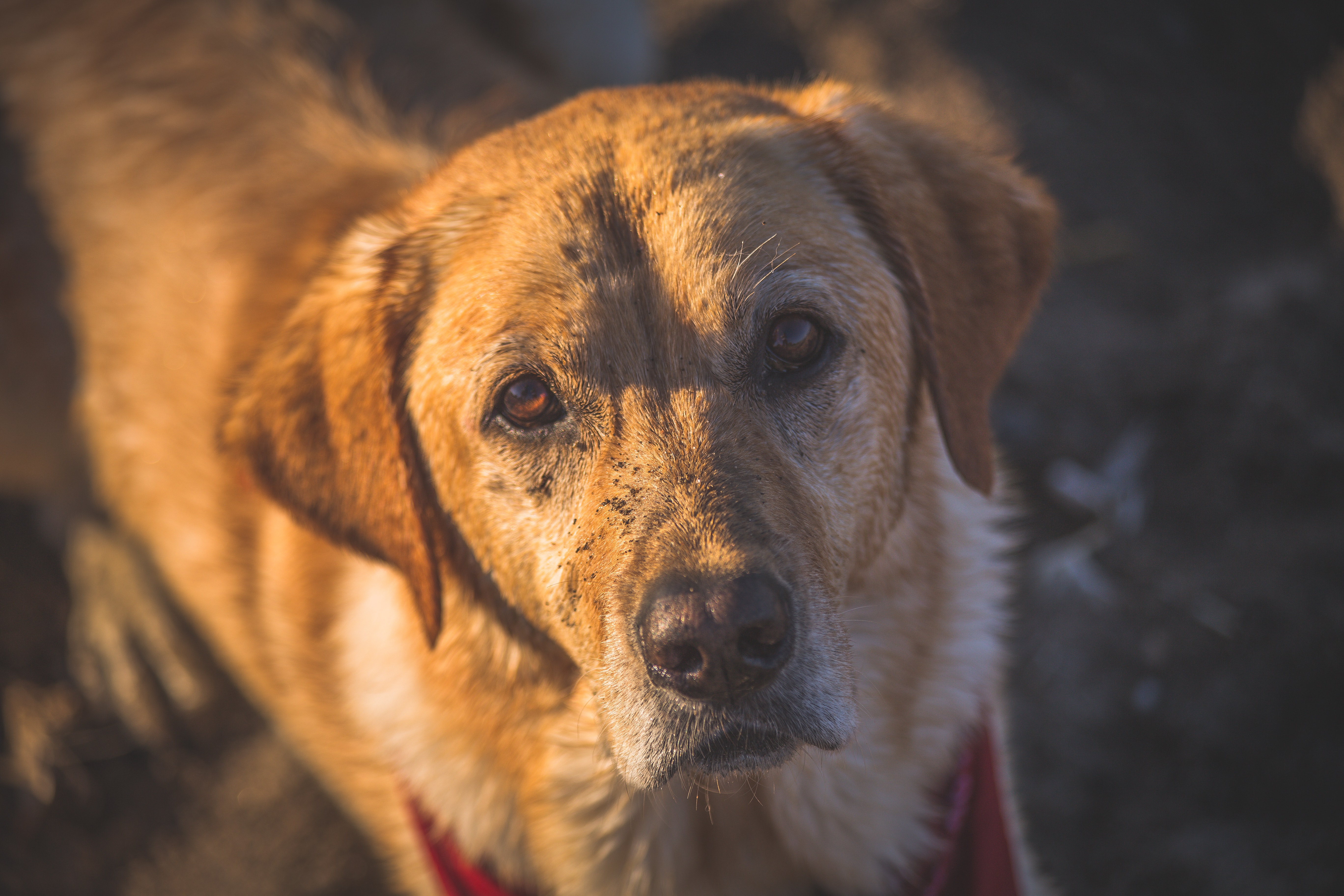Exploring the Causes and Solutions of Constipation in Labrador Retrievers
So, let’s talk about constipation in Labrador. Although it may not be the most glamorous topic, it’s essential to address and understand if your pup is experiencing any discomfort or irregularity regarding bowel movements. Constipation can occur for various reasons, such as not drinking enough water, lack of fiber in their diet, or even as a side effect of certain medications.
As responsible dog owners, it’s crucial to be aware of the signs and symptoms of constipation and how to prevent and treat it. So if you’ve noticed your Labrador is having trouble going, let’s dive in and explore some potential causes and solutions for constipation in Labrador.
What Exactly is Constipation?
Constipation is a condition that occurs when a dog faces difficulty passing stool, resulting in fewer bowel movements than usual. In some cases, passing feces may become painful and difficult, leading to straining, discomfort, and distress. The stool is usually hard, dry, and lumpy, making it hard to come out. Constipation is a common problem and can affect dogs of any breed, age, or gender. This problem is particularly common in labradors prone to gastrointestinal issues.
Causes of Constipation in Labradors
Understanding what causes constipation in Labradors and how to prevent it is important. Here, we will explore the common causes of constipation in Labradors and provide the information you need to keep your pups healthy.
☞Lack of Fiber or Water in the Diet
One of the most common causes of constipation in Labradors is a lack of fiber or water in their diet. If your dog is not getting enough fiber or water, their stools can become hard and difficult to pass. To prevent this, ensure your dog’s diet is fiber-rich and always provides plenty of fresh water. You can also add fiber supplements to their meals, such as canned psyllium husk or pumpkin for dog constipation.
☞Hairballs in Cats
Another common cause of constipation in Labradors is hairballs in cats. If you have a cat, your dog may occasionally ingest their hair while grooming or playing with them. This hair can accumulate in their stomach and intestines, leading to constipation. To prevent this, groom your cat regularly, keep them away from your dog’s food, and supervise their interactions.
☞Pain Medication
If your dog has recently undergone surgery or is experiencing pain, they may be given pain medication that can cause constipation. Opioid-based pain medications, in particular, can slow down the digestive system, making it difficult for your dog to pass stools. If your dog is on pain medication, talk to your veterinarian about options to prevent constipation, such as adding a stool softener such as naturvet stool ease soft chews to their medication regimen.
☞Insufficient Exercise
A lack of exercise can also contribute to constipation in Labradors. Exercise helps stimulate the digestive system and promotes regular bowel movements. If your dog is not getting enough exercise, their stools may become harder to pass. Ensure your dog has plenty of opportunities for exercise and playtime to keep their digestive system healthy.
☞Dehydration and Obesity
Dehydration and obesity can also contribute to constipation in Labradors. Dehydration can cause the stools to become dry and hard, while obesity can lead to a decrease in physical activity and a slower digestive system. To prevent constipation, ensure your dog always has access to fresh, clean water and maintain a healthy weight through a balanced diet and exercise.
You can keep your pup’s digestive system healthy and prevent constipation by providing a fiber-rich diet, plenty of fresh water, regular exercise, and monitoring their interactions with other pets.
Diagnosing and Treating Constipation in Labradors
If you believe your Labrador is constipated, take them to the vet for a proper diagnosis. They will be able to identify the cause of the issue and provide treatments specific to their needs.
Diagnosis of Constipation in Labradors:
The diagnosis of constipation in Labradors involves a physical examination of the dog’s abdomen, rectum, and anal glands. The veterinarian will check for discomfort, blockages, or tears in the anus or rectum. Additionally, the veterinarian may perform an X-ray to check for any blockages in the dog’s digestive system. Bloodwork may also be necessary to check for any underlying health conditions contributing to constipation.
Treatment for Constipation in Labradors:
So how to treat a constipated dogs? The treatment for constipation in Labradors often involves dietary changes, increased exercise, increased fluid intake, and medication. If your dog needs to eat more fiber, you may need to change the diet to include high-fiber foods such as fruits, vegetables, and whole grains. Adequate water intake can also help regulate bowel movements. In some severe cases, the veterinarian may prescribe medication such as stool softeners or laxatives such as laxapet 50g tube cat dog laxative.
By taking these steps, you can help relieve discomfort and ensure your pup is happy and healthy.
Dietary Solutions to Reduce Constipation in Labrador Retrievers
Though some of these solutions have already been mentioned earlier, we will discuss them in detail for you to understand better.
✔️Increase Water Intake
One of the most common causes of constipation in dogs is dehydration. Dehydration causes the colon to extract more moisture from food, resulting in difficult-to-pass stools. As a responsible pet owner, always ensure your Labrador Retriever can access clean and fresh drinking water. A good rule of thumb is to give your dog one ounce of water per pound of body weight daily. On hot days or during intense physical activity, you may need to increase the amount of water your pup consumes to avoid dehydration.
✔️Fiber-rich Foods
Fiber-rich foods are an excellent way to regulate your Labrador’s bowel movements. Foods like sweet potatoes, green beans, pumpkin, and apples are readily available and are an excellent source of fiber. You can add these fiber-rich foods to your dog’s meals or offer them as a healthy snack. Insoluble fiber, in particular, is crucial for dogs with constipation, as it adds bulk to the stool and promotes regular bowel movements.
✔️Probiotics
Probiotics are beneficial bacteria in the digestive tract that help maintain a healthy gut. Probiotics are crucial for dogs with constipation, enhancing digestion and promoting regular bowel movements. You can add probiotic supplements to your dog’s diet or offer probiotic-rich foods like plain yogurt, kefir, or sauerkraut. Always consult your veterinarian before adding new supplements to your dog’s diet.
✔️Homemade Dog Food
Preparing homemade dog food can be rewarding, cost-effective, and easy to manage your dog’s nutritional intake. Homemade dog food can also be useful for dogs that suffer from constipation. Ensure your dog’s diet is well-balanced and includes enough fiber, protein, and essential nutrients. Consult with your veterinarian or a pet nutritionist before preparing homemade dog food, as your dog will need a specific diet based on factors like age, weight, and any health issues.
✔️Avoid Certain Foods
Some foods can lead to constipation in dogs, especially if taken in large amounts. For instance, dairy products, bones, spicy foods, and processed snacks can cause digestive problems if consumed excessively. Avoid such foods to ensure that your dog’s digestive system is healthy.
✔️Regular Exercise
Regular exercise is crucial for your Labrador’s overall health and well-being and essential to maintaining healthy bowel movements. Exercise helps to stimulate the gastrointestinal tract, promoting bowel movements. Engage your Labrador in physical activities like walking, running, and playing fetch to promote regular bowel movements.
These are some ways you can help prevent and reduce constipation in your Labrador Retriever. Make sure to consult with your veterinarian if you are unsure about a particular diet or treatment for your pup. Some health conditions can have similar symptoms but require different treatments, so it is important to get an accurate diagnosis before starting any treatment program.
The Role of Supplements and Medication for Constipation Relief
Since our Labrador Retrievers are susceptible to various health conditions, including constipation, it can be quite distressing to see them struggling to pass stool while having bowel movements. But the good news is that you can manage most cases of the condition with the right supplements and medications. I will discuss the role of supplements and medications in relieving constipation for Labrador Retrievers.
∎Dietary Supplements
Various supplements include probiotics, fiber supplements, and digestive enzymes. Probiotics contain beneficial bacteria that help maintain the gut’s balance, thus preventing constipation. Fiber supplements, on the other hand, add bulk to stool, making it easier for Labs to pass feces. Lastly, digestive enzymes formulated with papain, bromelain, and other natural enzymes can help break down food and alleviate constipation symptoms.
∎Laxatives
Laxatives are drugs that stimulate bowel movements or soften stool, thus making it easier for Labs to pass feces. There are different types of laxatives to consider. Bulk-forming laxatives such as Metamucil are made from soluble fiber and are used to bulk up the stool. Fecal softeners like Colace can soften stool by coating it with a water-repelling film, making it easier to pass. Lastly, stimulant laxatives such as Dulcolax contract the intestinal muscles, thus promoting bowel movements. However, using laxatives with caution is crucial, as prolonged use can harm your dog’s colon.
∎Suppositories
These drugs are inserted directly into the rectum to stimulate bowel movements. Suppositories contain active ingredients such as glycerin, bisacodyl, or vegetable oil, which soften and loosen stool, promoting easy elimination. However, it’s best only to use suppositories under the guidance of a veterinarian and never administer them orally.
∎Stool Softeners
Stool softeners such as lactulose solution 10g/15ml 16oz bottle work by increasing water retention in stools. These drugs are used to treat mild to moderate constipation. They are often combined with other laxatives, such as bulk-forming laxatives or stool softeners, to produce better results and reduce the risk of side effects. However, as with any medication, it’s best to consult a vet before administering stool softeners to your Labrador Retriever.
Your Labrador Retriever can enjoy a healthy and active life with proper care and attention.
Home Remedies for Constipation in Labrador
While medication may help relieve constipation in severe cases, it’s always best to try natural remedies first. Here are some effective home remedies for constipation in Labradors.
❕Pumpkin Puree
Pumpkin Puree is an excellent natural remedy to relieve constipation in dogs. Pumpkin puree is rich in fiber and contains enzymes that aid in digestion. It helps regulate bowel movements and helps your dog pass stools easily. Simply mix a tablespoon of plain canned pumpkin puree into your Labrador’s food. Start with a small amount and gradually increase the quantity based on your dog’s weight.
❕Olive Oil
Olive oil is another natural remedy that can help relieve your Labrador’s constipation. Olive oil stimulates the digestive system and helps smooth the passage of stools. To administer, mix a tablespoon of olive oil into your dog’s food for a few days until they pass a stool.
❕Coconut Oil
It is rich in medium-chain fatty acids that provide several health benefits to dogs, including relief from constipation. And It helps lubricate the colon and aids digestion. Incorporate a teaspoon of this oil into your Labradors’ food daily.
❕Apple Cider Vinegar
Apple cider vinegar can stimulate digestive juices and enhance bowel movement. Furthermore, it can also act as a laxative and help relieve your dog’s constipation. Add a teaspoon of apple cider vinegar to your Labrador’s water bowl or mix it into their food.
❕Leafy Greens
Incorporating fiber-rich foods, such as leafy greens, can help promote regular bowel movements in dogs. Vegetables like spinach and kale are high in fiber and can help regulate bowel movements. Include a small amount of leafy greens in your dog’s daily diet to help relieve constipation.
Pumpkin puree, olive oil, coconut , apple cider vinegar, and leafy greens are among the most effective natural remedies. However, if your dog’s constipation persists, it’s always best to consult your veterinarian, as it may be an underlying health issue. Keep your furry friend healthy and happy by giving them the care they deserve.
Frequently Asked Questions
How often should a Labrador have a bowel movement, and what is considered normal?
A healthy adult Labrador should have a bowel movement at least once daily. However, some Labradors may go more or less frequently depending on their diet and exercise routine. A fiber-rich diet, such as fresh vegetables and fruits, can help regulate bowel movements. Additionally, ensuring your Labrador is active with exercise can stimulate their digestive system. If your Labrador goes over 48 hours without a bowel movement, it’s time to take them to the vet.
Can constipation be a sign of a more serious health issue in Labradors?
Yes, constipation can be a sign of a more severe health issue. For example, kidney disease, liver disease, and cancer can all affect your Labrador’s ability to have regular bowel movements. If your Labrador is experiencing constipation, it’s essential to take them to the vet to rule out any underlying health issues. The vet may recommend dietary changes, additional fiber intake, or medication to help constipation.
Can stress or anxiety cause constipation in Labradors?
Yes, stress or anxiety can cause constipation in Labradors. Labradors can experience stress from environmental changes, routines, or even loud noises like humans. This stress can lead to constipation or other health issues. If you suspect your Labrador is experiencing constipation due to stress or anxiety, try to limit their exposure to stressful situations and consider talking to your vet about anxiety medication or supplements.
What are signs that my Labrador is constipated?
If your Labrador is constipated, you may notice that they try to go to the bathroom but cannot pass stool or have difficulty doing so. Additionally, they may lose their appetite, become lethargic, and show signs of discomfort during bowel movements. In severe cases, your Labrador may even experience vomiting or diarrhea due to the blockage in their digestive tract.
What should I do if my Labrador experiences recurrent or chronic constipation?
One of the first things you should do if your Labrador is struggling with constipation is to increase their water intake. Ensure your dog has access to fresh, clean water at all times. You can also try adding more moisture to their diet by feeding them wet food or adding a little water to their dry kibble. Additionally, ensure your dog gets plenty of exercise, which can help encourage bowel movements. If these steps do not improve your dog’s constipation, it may be time to consult your veterinarian. They may recommend a laxative or other dog constipation treatment to help get things moving.
How can I prevent constipation during travel or long car rides with my Labrador?
Traveling with a dog can be stressful for both you and your pet. To help prevent constipation during long car rides, ensure your dog has plenty of opportunities to relieve themselves before setting out. Bring plenty of fresh water and healthy snacks to keep your dog hydrated and their bowels moving. If you are taking a road trip, factor in regular pit stops to let your dog stretch their legs and take a bathroom break. Add a little pureed pumpkin or plain yogurt to your dog’s food to help keep their digestive system regular.
What are the signs of an impaction in Labradors, and how is it treated?
An impaction occurs when dried feces obstruct the colon and cannot empty properly. It can be a serious condition that requires prompt veterinary attention. Signs of impaction in Labradors include straining to defecate, painful defecation, loss of appetite, lethargy, and vomiting. If you suspect your dog has an impaction, contact your veterinarian immediately. Treatment may involve enemas, stool softeners, or surgery in severe cases.
Final Words
After all this research, I finally understand the importance of keeping an eye on my Labrador’s bowel movements. Constipation in labradors can be caused by a variety of factors, such as lack of fiber in their diet, dehydration, or even stress. But as responsible pet owners, it’s up to us to make sure that our dog is getting enough exercise, hydration, and proper nutrition to prevent constipation from occurring in the first place. If left untreated, constipation can lead to even more serious health issues for our furry friend. By being proactive and preventing constipation, we can ensure our Labrador’s overall health and happiness.










